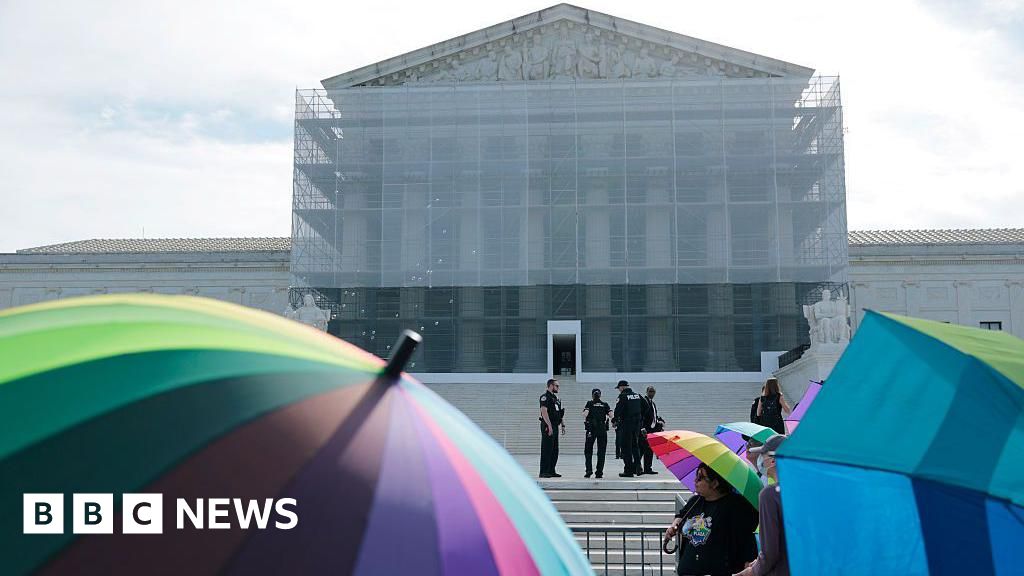
The US Supreme Court has ruled in favor of a group of parents from Maryland, allowing them to opt their children out of lessons that include books with LGBTQ themes. The decision, delivered by a 6-3 majority, grants a preliminary injunction to the parents, who argue that the curriculum adopted in 2022 by Montgomery County Public Schools infringes on their religious rights.
Justice Samuel Alito, writing for the majority, stated that the introduction of these books, coupled with the decision to withhold opt-outs, places an unconstitutional burden on the parents’ rights to freely exercise their religion. The ruling underscores the court’s stance that the parents have a strong likelihood of success on the merits of their case, and that they would suffer irreparable harm without the injunction.
Background and Context
The case centers around Montgomery County Public Schools, Maryland’s largest school system, which incorporated books like “Uncle Bobby’s Wedding” and “Born Ready: The True Story of a Boy Named Penelope” into its curriculum to promote diversity. However, in 2023, the school district removed the opt-out option, citing concerns about classroom disruption and potential social stigma for LGBTQ students.
The parents involved in the lawsuit represent various faiths but share a common objection to their children being exposed to LGBTQ themes in school. They argue that the First Amendment’s protection of religious freedom includes the right to withdraw their children from lessons they find objectionable. They also noted that similar opt-out provisions exist for sex education in older grades.
Dissenting Opinions and Public Reaction
The court’s decision was not unanimous. The three liberal justices dissented, with Justice Sonia Sotomayor warning that the ruling could lead to “chaos for this nation’s public schools.” In her dissent, she highlighted the potential for countless interactions in schools to conflict with diverse religious beliefs, complicating the educational environment.
Kelley Robinson, president of the Human Rights Campaign, criticized the ruling, stating that it marginalizes LGBTQ+ students and undermines the respect for their experiences and existence. Conversely, Eric Baxter, the attorney representing the parents, hailed the decision as a “win-win situation for parents everywhere.”
Implications and Future Considerations
This ruling could set a precedent for similar cases across the United States, where parents seek to assert their religious rights in educational settings. It raises questions about the balance between religious freedom and educational inclusivity, a debate that is likely to continue as public schools strive to accommodate diverse student populations.
As the case proceeds, both sides will prepare for further legal battles. The parents’ victory at this stage may encourage other groups to challenge educational content on religious grounds, potentially reshaping how public schools approach curriculum development.
Meanwhile, educators and policymakers will need to navigate these complex issues, ensuring that schools remain places of learning and inclusion while respecting individual rights. The outcome of this case could influence future educational policies and the role of parental choice in public education.






